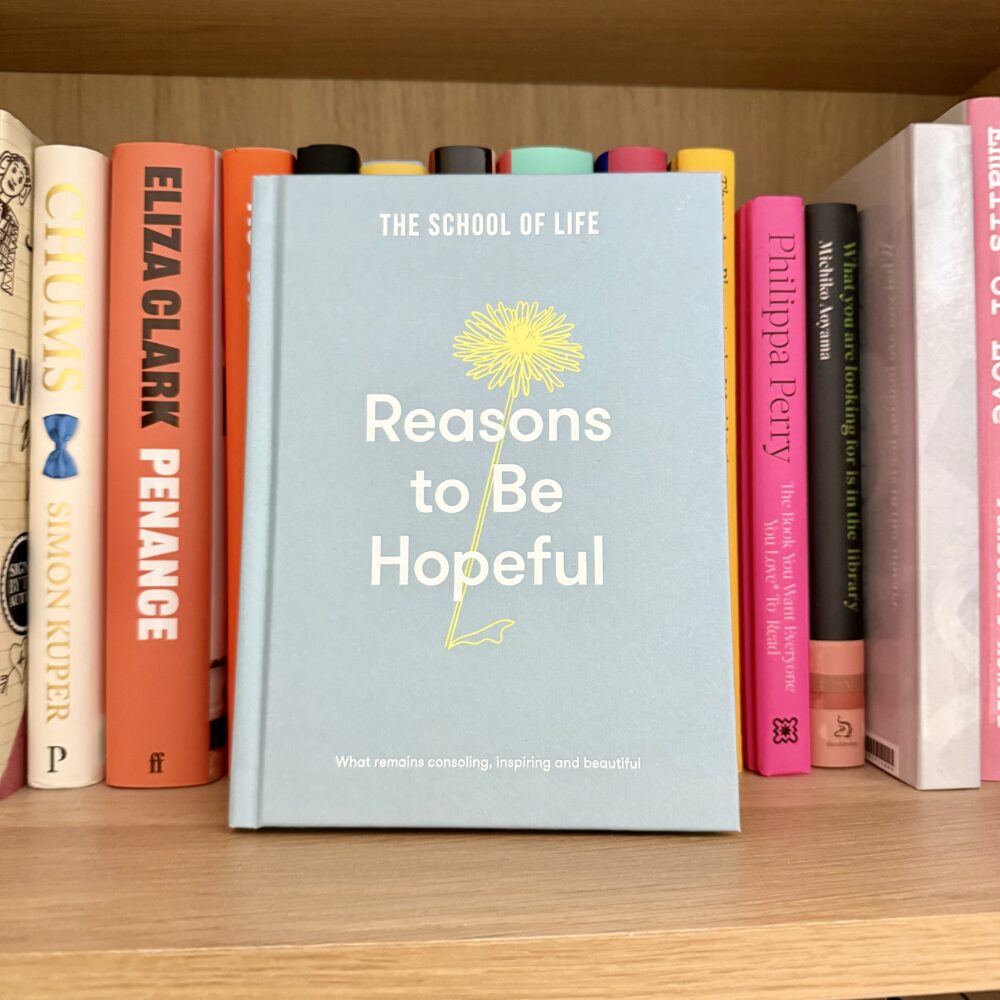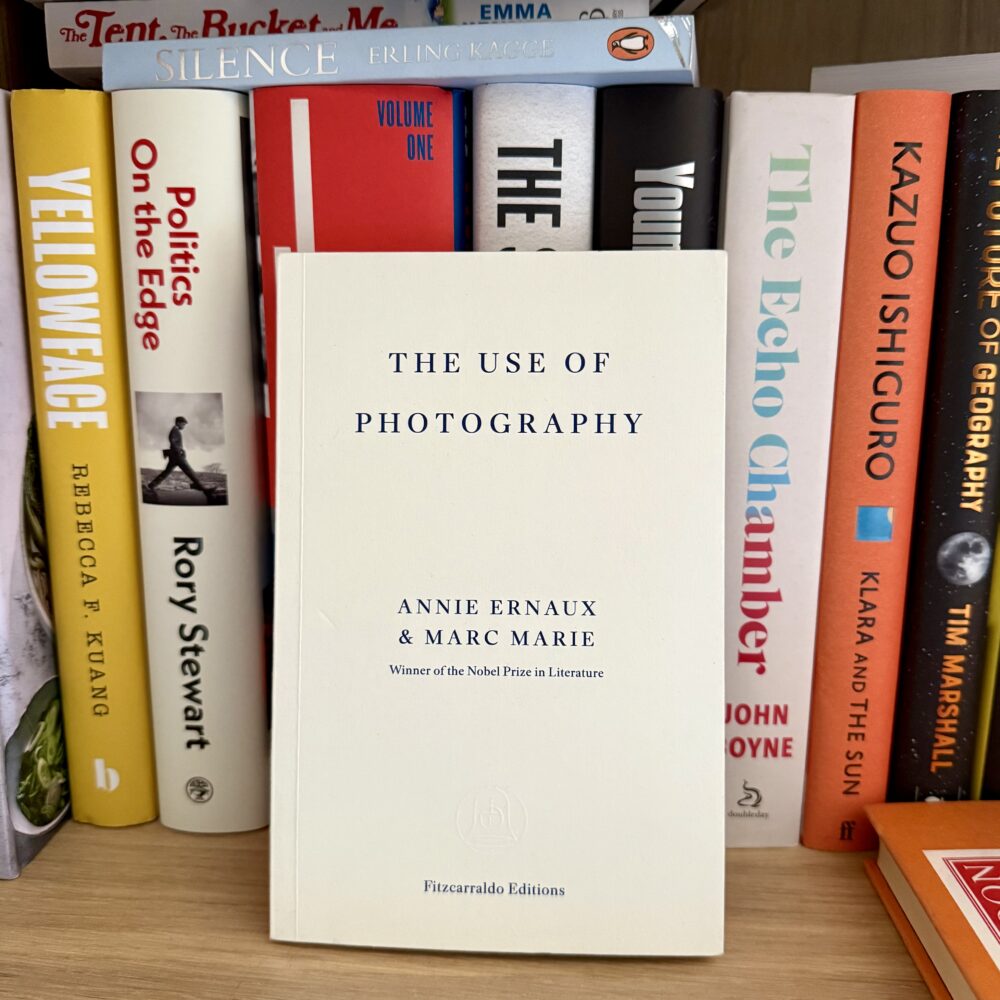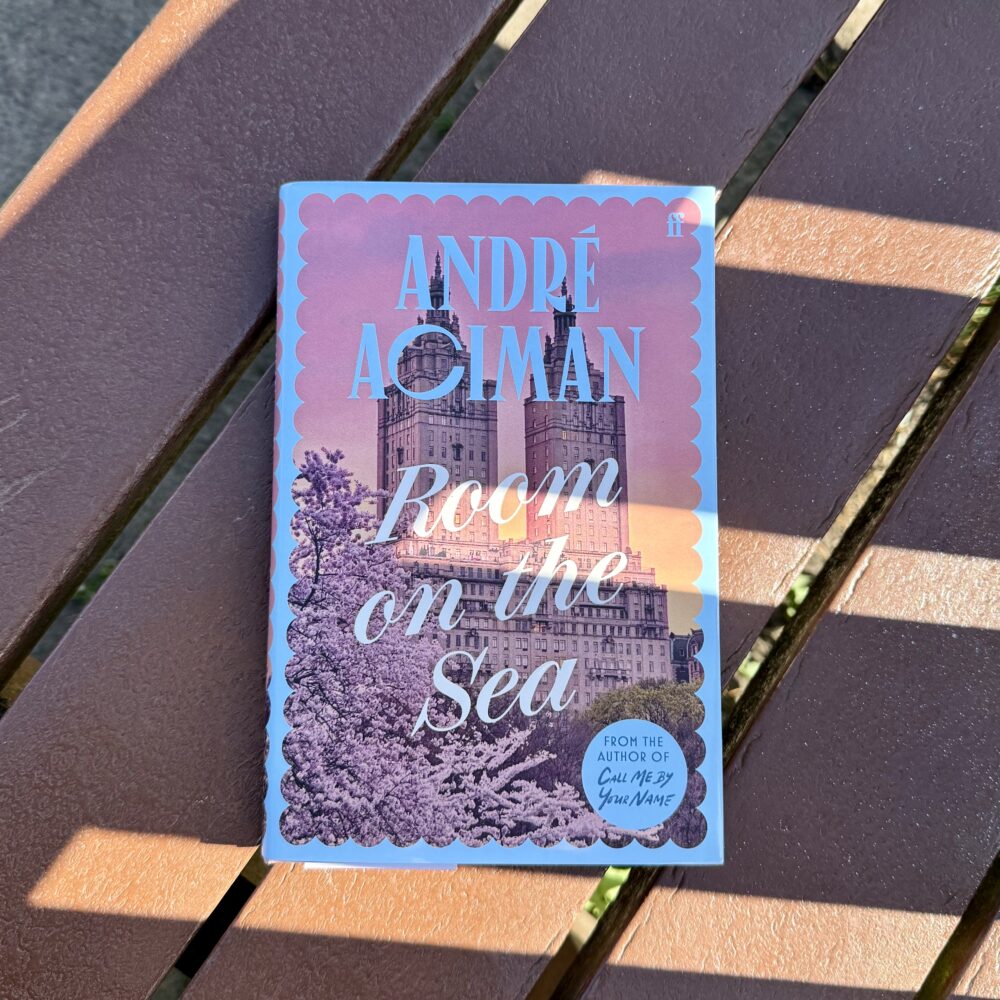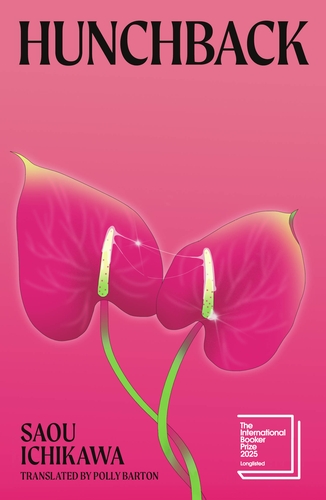‘Reasons to be Hopeful’ by The School of Life

This was a book Wendy and I read together over the course of a month—just a few short essays before bed each night. That context probably matters: I suspect that reading it slowly, letting the ideas settle, and chatting together about them gave it a resonance that I might have missed had I powered through it on my own.
The book is a series of short, thematic essays intended, as the title suggests, to inspire a little hope. Each reflection begins with a story, often drawn from art, literature or history, and builds into a modest argument or observation about what might make life feel a little less bleak. That structure—anecdote, idea, note of optimism—could easily have become formulaic, but I found it surprisingly satisfying. The source material is varied, and the tone strikes a compelling blend of melancholy and grace.
The first section, ‘reasons of darkness,’ is the one that stuck with me most. It’s unusual to find a self-described book of hope that begins in the mud: suffering is inevitable; people lust for vengeance; we are all profoundly flawed. But instead of glossing over these, the book leans in. These darker reflections feel honest rather than heavy, and it’s from this honesty that their hopefulness arises. I found that strangely comforting.
If you’ve read much from The School of Life, you’ll know the tone: measured, thoughtful, gently philosophical. But this volume stood out to me for its coherence: while none of the ideas felt new to me, seeing them collected and loosely stitched together under the banner of hope lent them fresh significance. It was less about new insights and more about the quiet joy of recognition, of seeing well-worn thoughts in new light.
Compared to On Confidence, which I read in one go, Reasons to be Hopeful felt more textured and rewarding. That may be less about the content and more about the way I read it: this is a book that benefits from being slowly savoured. Read too quickly and you might miss the point entirely.
I’m not sure it radically changed anything for me, but it did recalibrate the tone of my internal monologue a little. And that’s no small thing. At the end of a long day, it reminded Wendy and me of the good in the world, and helped us both frame those pre-sleep ruminations with a little more tenderness and a little less despair.
It turns out that hope, when served in measured doses, can be rather potent after all.
This post was filed under: What I've Been Reading, The School of Life.








